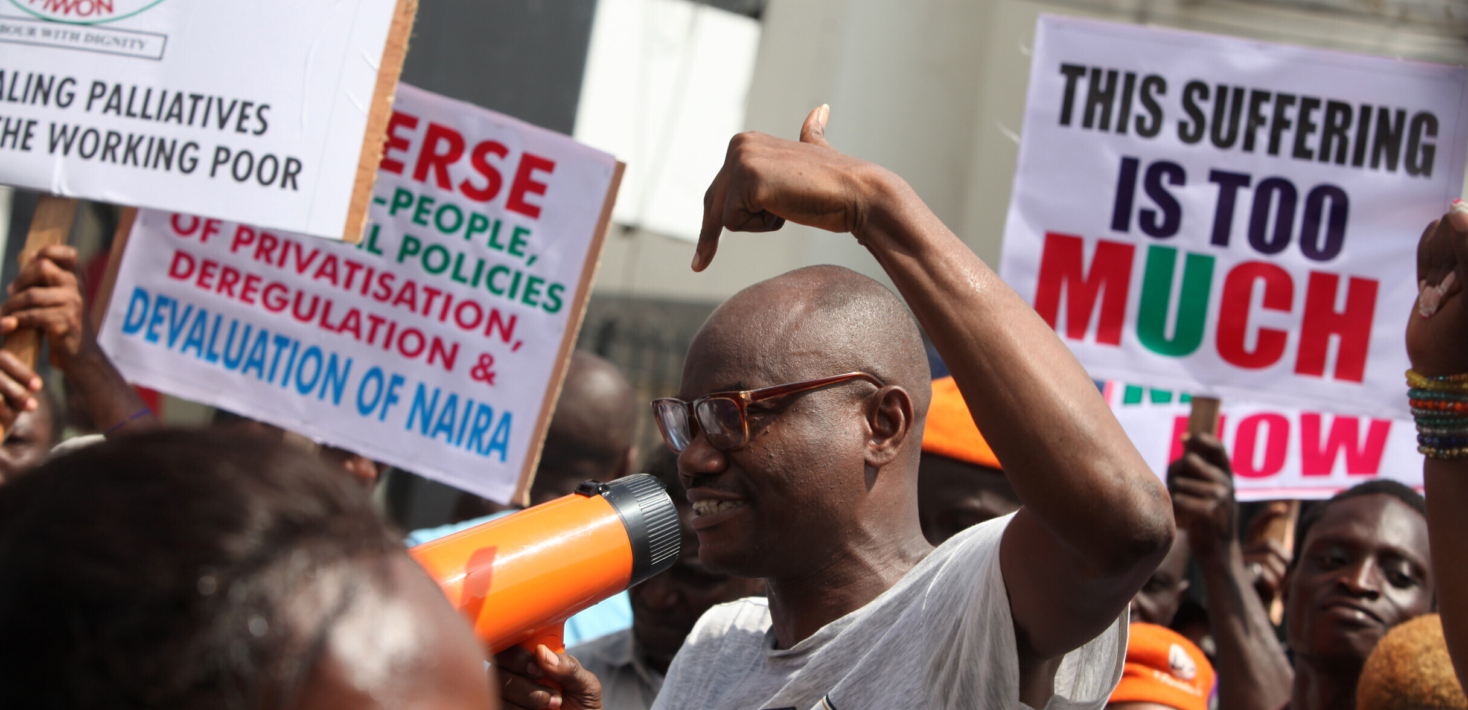Nigeria Claims To Block Millions In Crypto Donated For Recent Protests

Nigerian government officials have announced it froze millions of dollars in cryptocurrency allegedly donated to fund the recent nationwide protests against widespread hardship and poverty blamed on shock therapy-like government policies and perceived financial excesses of the state.
According to the National Security Adviser, Nuhu Ribadu, a staggering USD 50 M in crypto, of which USD 38 M contained in four crypto wallets was blocked, was channelled into the protests.
The singling out of crypto, which also featured prominently in donations during the EndSARS protests in 2020, is conspicuous amid recent run-ins. Nigeria has escalated its war on cryptocurrency lately, detaining two Binance executives and blocking access to major crypto exchanges earlier this year.
Authorities accuse these platforms of fueling the naira’s decline, claiming USD 26 B in suspicious transactions through Binance alone in the past year. These moves signal a growing hostility towards the digital asset sector in the African nation.
The revelation of the seizures came during a Council of State meeting convened by President Bola Tinubu, reports local daily THE PUNCH. Ribadu also claimed that political actors contributed an additional NGN 4 B in fiat currency to support the demonstrations.
The protests, which erupted across the country in early August under the banner #EndBadGovernanceInNigeria, were ignited by widespread public anger over the soaring cost of living, the removal of fuel subsidies, and allegations of corruption and bad governance. The demonstrations, while initially peaceful, were later marred by violence, looting, and even the display of Russian flags by some protesters.
While the government has hailed the seizure of crypto funds as a significant victory in its efforts to curb protest financing, questions remain about the overall impact of the protests. Despite the challenges and violence, the demonstrations served as a powerful platform for Nigerians to voice their grievances and demand accountability from their leaders.
The protests also highlighted the growing influence of social media in mobilising public opinion and organising collective action. Platforms like Twitter were instrumental in spreading the message of the #EndBadGovernance movement and inspiring widespread participation.
As the dust settles on the protests, the Nigerian government faces the daunting task of addressing the underlying issues that fueled the demonstrations.
Featured Image Credits: NurPhoto/Getty Images